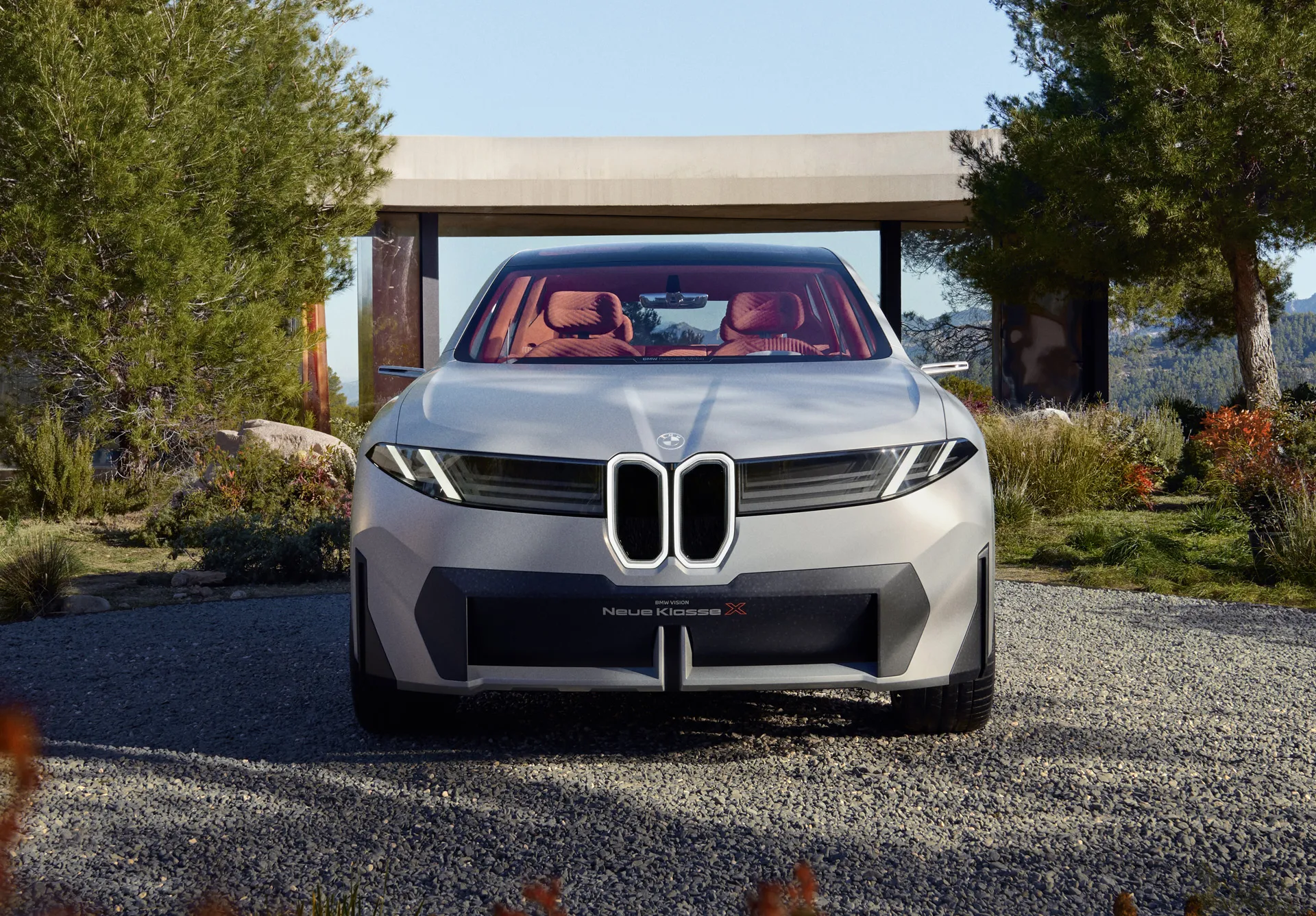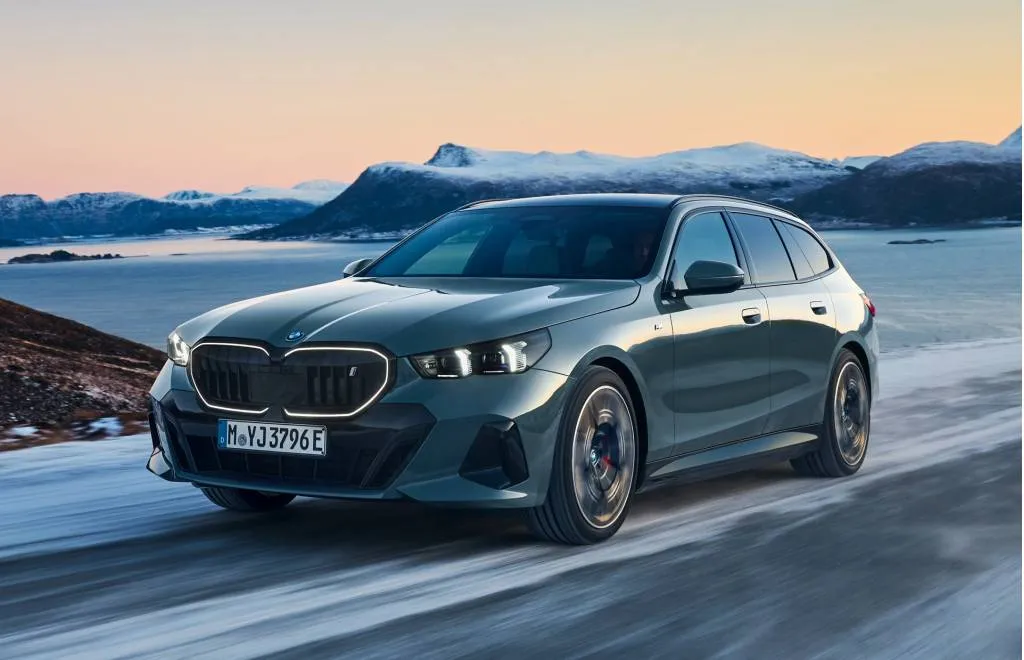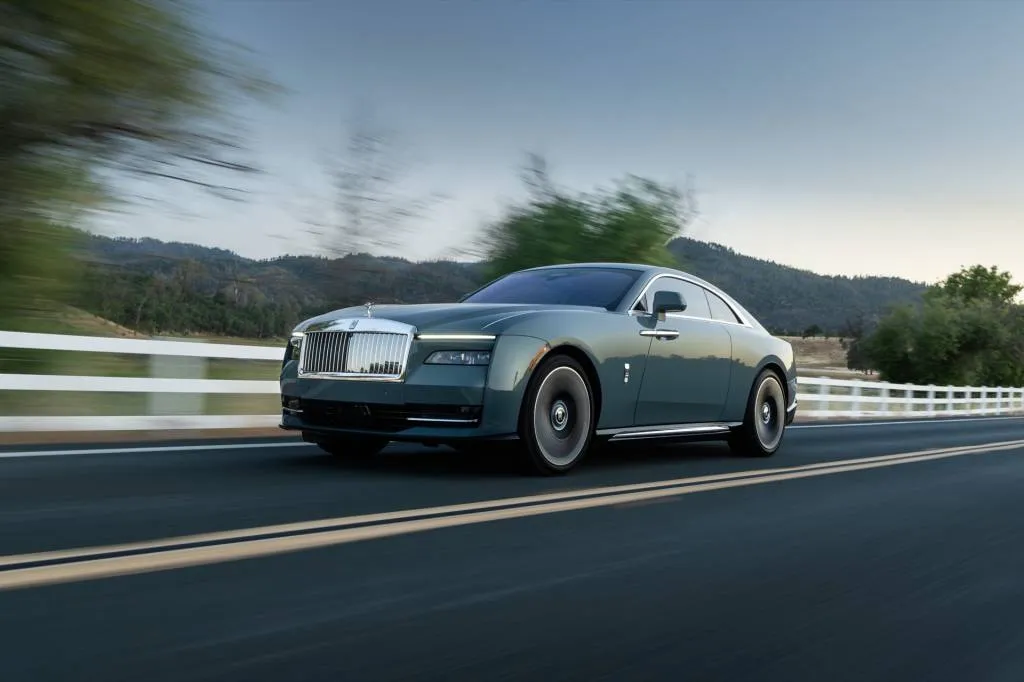

BMW sticks to 50% EV target by 2030—not including hybrids, PHEVs
BMW still aims for about 50% global EV sales by the end of the decade, in line with a plan the automaker rolled out in 2021, but still isn’t ready to declare an end date for internal combustion.
“By 2030, all-electric vehicles should account for about half of our deliveries,” CEO Oliver Zipse said Wednesday in a speech to shareholders. But the exact cadence of the ramp-up will be determined by market trends, Zipse added.

2024 BMW i5 Touring
“We remain committed to this goal and are steering the ramp-up in line with demand,” Zipse said. “We will stay flexible—even well into the 2030s.”
Zipse also emphasized that hybrids and plug-in hybrids remain a major part of BMW’s plans, noting that the automaker expects the plug-in hybrid version of its midsize 5-Series to account for about 20% of sales for that model in Europe. The 5-Series is also available with gasoline engines, and as the all-electric i5.
The electrification goal also applies to BMW-owned Mini and Rolls-Royce. The first Rolls-Royce EV—the Spectre coupe—arrived last year, and it accounted for 38% of Rolls deliveries in the first quarter of this year, Zipse said. BMW will have 15 all-electric models available globally across all of its brands, he added.

2024 Rolls-Royce Spectre
BMW will lead its next-generation EVs closer to the mass market with the Neue Klasse models, set to be made for the U.S. in Mexico. The first of these models—an SUV previewed by a recent concept—is scheduled to start production for the European market next year, in Hungary. Production will then be added in Germany, and finally in Mexico in 2027.
The Neue Klasse marks yet another swerve for BMW. After relatively slow sales of the i3 hatchback, BMW revised its electrification plans in 2019, with an emphasis first on fully electric variants or equivalents of its core internal-combustion models.
Add a comment Cancel reply
Comments (0)
Related posts


Electric SUVs: Top 6 Models for Family Trips











